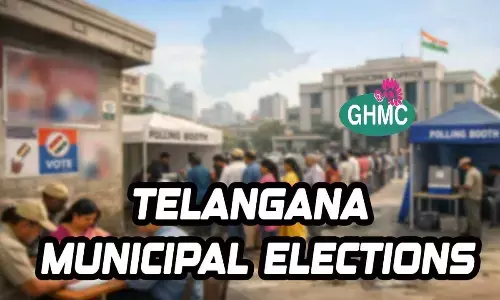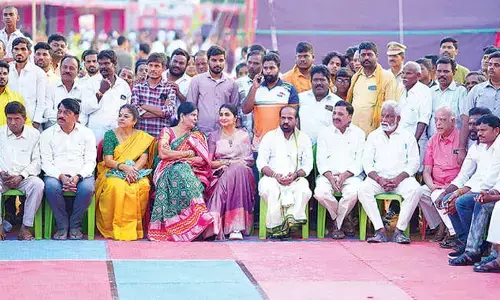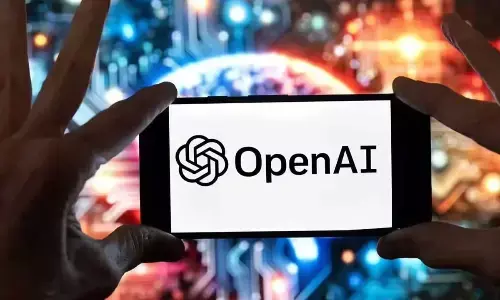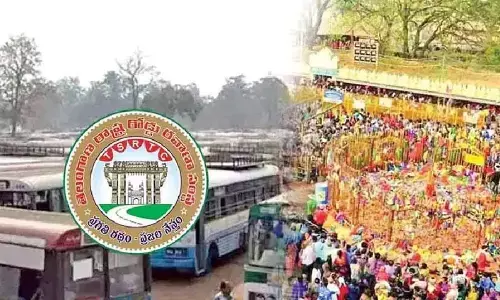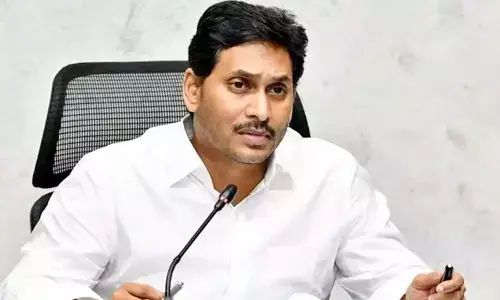Right to know why Godse killed Mahatma Gandhi
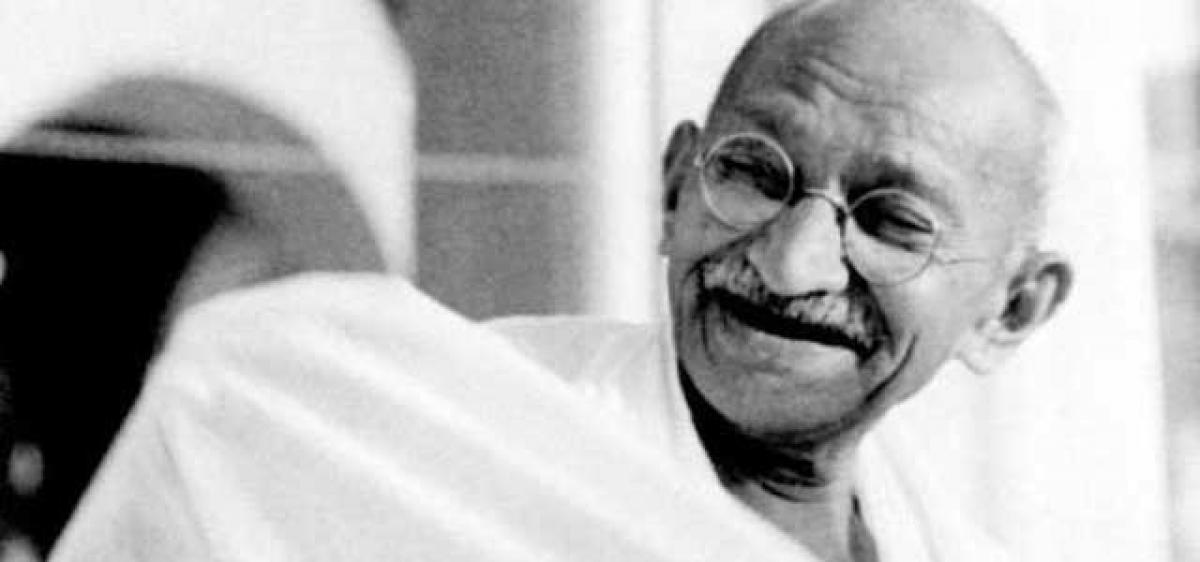
A Bansal has filed an RTI application before Additional DCP, New Delhi, seeking details of persons and organisation responsible for assassination of Mohandas Karamchand Gandhi in 1948, along with copy of charge-sheet issued against accused Nathuram Godse and copy of statement given by him in court during trial, etc. Jatin Narwal, CPIO/Addl DCP,
A Bansal has filed an RTI application before Additional DCP, New Delhi, seeking details of persons and organisation responsible for assassination of Mohandas Karamchand Gandhi in 1948, along with copy of charge-sheet issued against accused Nathuram Godse and copy of statement given by him in court during trial, etc. Jatin Narwal, CPIO/Addl DCP, New Delhi, informed that the case was being investigated by the then DSP Sh Jaswant Singh and as all records pertaining to case investigation were made available with Director General of National Archives of India, the RTI application was transferred to National Archives of India, Janpath, New Delhi.
In his letter dated 3.8.2015, Sohan Pal Singh, Asstistant Director of Archives, asked the appellant to avail of inspection of the relevant files and records at National Archives of India, assuring that all facilities would be provided as per the Public Records Act, 1993. Dissatisfied with the reply of CPIO, the appellant approached this Commission.
Bansal wants the copy of charge-sheet issued against Nathuram Godse, and his statement before the court, etc. The statement of Nathuram Godse is already in public domain, in the form of books in many languages, also in digital media. Regarding who are the persons or organization involved in murder, the 11000+ page record on Mahatma Gandhi Murder Trial could be accessed either under RTI Act or under general rules of access to the National Archives of India, if the appellant desires. For more details, the appellant can also access the comprehensive report of Jivanlal Kapur Commission of Inquiry into the conspiracy to murder Mahatma Gandhi, which is available in the library of Indian Law Institute and also on its website.
The question is whether the detailed statement of Nathuram Godse, adversely criticising Gandhi could be disclosed to the appellant? Or should his RTI application be turned down because the statement of Nathuram Godse could cause Hindu-Muslim enmity?
Twenty –year-old information
This has to be examined in terms of the Section 8(3) of RTI Act, 2005 which says: (3) Subject to the provisions of clauses (a), (c) and (i) of sub section (1), any information relating to any occurrence, event or matter which has taken place, occurred or happened twenty years before the date on which any request is made under Section 6 shall be provided to any person making a request under that section: Provided that where any question arises as to the date from which the said period of twenty years has to be computed, the decision of the Central Government shall be final, subject to the usual appeals provided for in this Act. The 20-year-old information is subject only to exceptions on the ground of sovereignty, security/public order etc, breach of privilege of Parliament, cabinet papers.
No other exception is applicable for this information. Except grounds under 8(1)(a), other grounds are irrelevant in this case. The statement of Nathuram Godse is part of the court record which is in public domain, the case details were discussed in Parliament; several books were printed based on the 120-page statement of Nathuram Godse. On the 6th December, 1967, the Lt Governor of Delhi issued a notification under Section 99-A of the Code of Criminal Procedure, in the following terms:
DELHI ADMINISTRATION: DELHI NOTIFICATION Dated the 6th December, 1967.
No. F-292/67-C. Whereas the Lt. Governor, Delhi, is satisfied that the book entitled "Gandhi Hatya ani Mee" in Marathi by Gopal Godse, published by G. V. Behere, Asmita Prakashan 461/1 Sadashiv Peth, Tilak Road, Poona 2 and printed by M. H. Patwardhan at Sangam Press Private Ltd., 383, Narayan Peth, Poona-2, contains matter which promotes feelings of enmity and hatred between Hindus and Muslims in India and the publication of which is punishable under Section 153-A of the I.P.C. 1860 (Act XLV of 1860).
Now therefore, on the above stated grounds and in exercise of the powers conferred by Section 99-A of the Code of Criminal Procedure, 1898 (Act V of 1898), the Lt. Governor Delhi, hereby declares to be forfeited to Government every copy of the said book and all other documents containing copies, reprints and translation of or extracts from the said book.
By order, (Sd.) V.K. Seth, Under Secretary, (Home), Delhi Administration.In the ‘Gopal Vinayak Godse vs The Union of India & Ors’ case decided on 6 August, 1969 (AIR 1971 Bom 56), three Judge Bench consisting of Mody, V Desai, Chandrachud JJ studied the English version of Marathi book “Murder of Gandhi and I” by Gopal Godse, accused in Gandhi Assassination case, and analysed it in 174 paragraphs. The three judges bench analysed the strong views of Dr Savarkar and Nathuram Godse on the policies and practices of Gandhiji as a particular opinion of historical events of the age, which could be expressed without any restriction. The Bench removed restrictions and set aside the order of forfeiture of the book, upholding the freedom of expression of killer of Gandhi.
Thus the possibility of rejecting the copy of the statement of Nathuram Godse, on the grounds of Section 8(1)(a) is removed with this judgment. The appellant is not asking for the book containing passages supporting or glorifying the killers of Gandhi, which were also held to be part of the ‘freedom of speech and expression’ under Article 19(1)(a) of the Constitution of India. The Right to Information is intrinsic in this fundamental right to freedom of speech and expression as held by Supreme Court in several judgments, and thus the reasonable restrictions under Article 19(2) do apply to the Right to Information also.
The restrictions under Section 8 of RTI Act are more or less coached in the same theme and language of Article 19(2). Thus, the Bombay High Court cleared the disclosure/circulation after considering several grounds of restrictions, which are akin to Section 8(1)(a). Moreover, the appellant is seeking only the statement of Nathuram Godse as given to the trial court in Mahatma Gandhi Assassination case, which cannot be denied.
One may disagree with Nathuram Godse and his co-accused, but we cannot refuse disclosure or circulation of his opinion. At the same time, neither Nathuram Godse nor the holder of his theme or opinion can go to the extent of killing a person, whose philosophy he cannot agree with. Three judges have explained this aspect: 257. We must make it plain that we should not be taken as expressing our agreement with the views of the publisher or of the writer.
The question before us is not whether the assessment made by the publisher or the writer of the historical situation is strictly correct. One might have an honest difference of opinion in regard to the views expressed by the publisher and the writer that Gandhiji's policy of appeasing the Muslims led to the partition of the country.
In fact, if it were open to us to express our own view of the situation, we should have said that no historian can overlook that Gandhiji saved the lives of hundreds and thousands of Hindus and Muslims. The two countries which at one time were part of one nation might have seen even greater miseries but for the saintly wisdom, courage and sacrifice of Gandhiji. That however is beside the point. The charge is that the book contains matter which promotes feelings of enmity and hatred between Hindus and Muslims in India and we have to examine whether the charge is proved.
French Enlightenment writer, philosopher and historian Francois Marie Arouet, popularly known as Voltaire, famous for his wit and his advocacy for freedom of speech, separation of church and state, and freedom of religion, says: “I may disapprove of what you say, but I will defend to the death your right to say it.” Gandhiji’s life, character and image as champion of peace, Indian Independence and Hindu-Muslim unity cannot be tarnished either by his physical elimination or writing hundreds of pages of adverse analysis of his policies.
The Commission directed the NAI to provide copy of chargesheet and statement of Nathuram Godse at Rs 2 per page. (Based on decision dated 16.2.2017 in CIC/SH/A/2015/900266-SA in Ashutosh Bansal v. PIO, National Archives of India)









